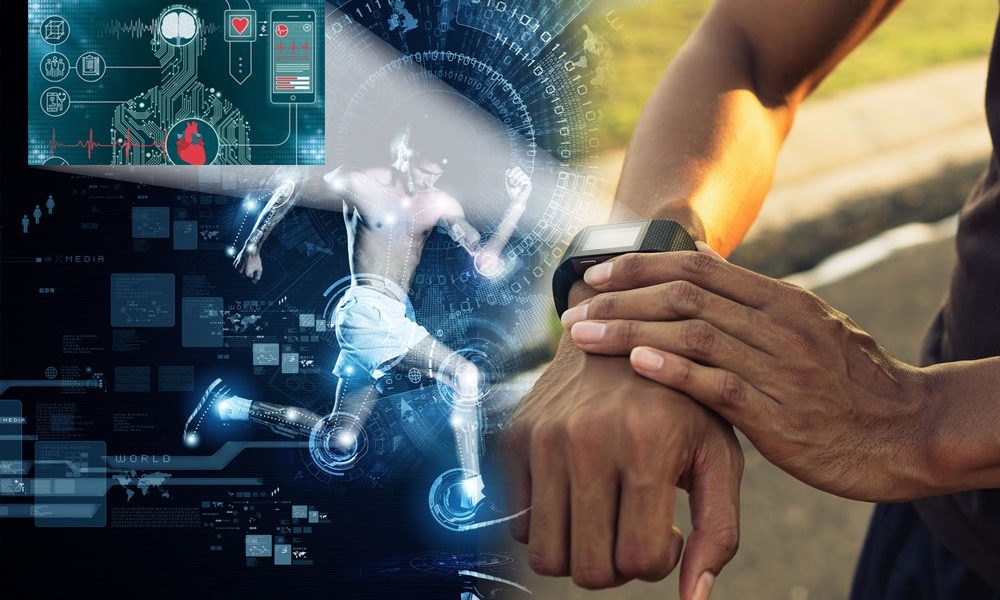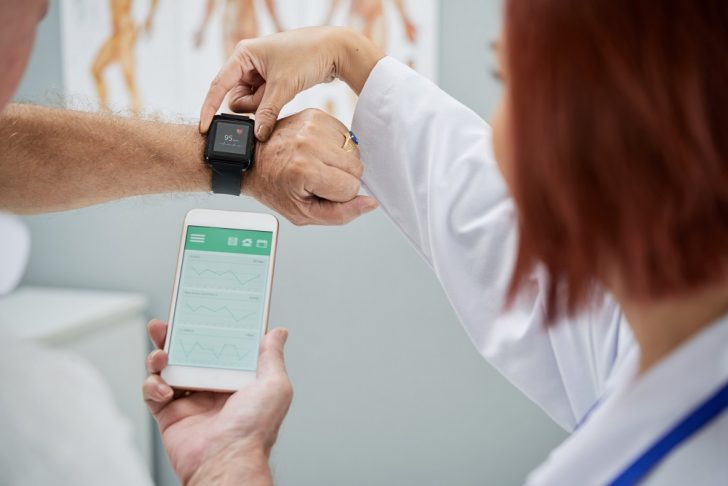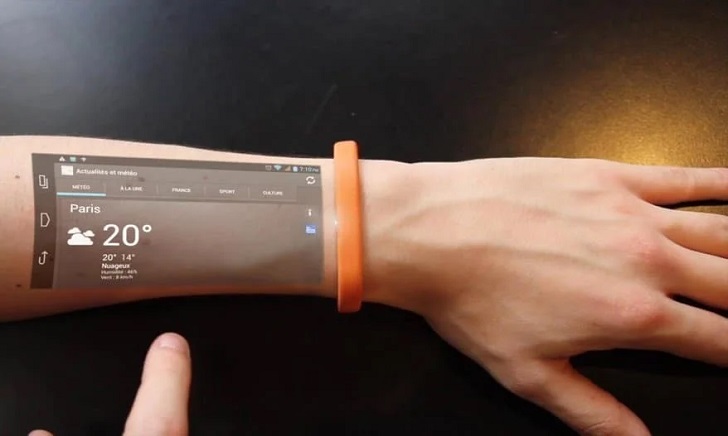
The Impact of Wearable Technologies in Health Research

In recent years, wearable technologies have emerged as a powerful tool in health research, revolutionizing how we collect and analyze data related to human health. These devices, ranging from smartwatches and fitness trackers to advanced biosensors, have opened up new avenues for researchers to monitor and study various aspects of health in real-time.
The impact of wearable technologies in health research is substantial, offering unprecedented insights, enhancing data accuracy, and advancing our understanding of health and disease.
Real-Time Monitoring of Vital Parameters
One of the most significant contributions of wearable technologies to health research is the ability to monitor vital parameters continuously and in real-time. Devices like smartwatches equipped with heart rate sensors can provide researchers with valuable data on an individual’s heart rate patterns throughout the day.

iStock/ Pexels | These devices have the potential to revolutionize healthcare by providing personalized insights and improving patient outcomes
This continuous monitoring can help detect irregularities or anomalies that may go unnoticed during periodic check-ups, leading to early intervention in cases of heart conditions. Similarly, wearables can track sleep patterns, providing insights into sleep quality and duration.
Sleep plays a crucial role in overall health, and wearable sleep trackers have enabled researchers to investigate the impact of sleep on various health outcomes, including cognitive function, mood disorders, and chronic diseases.
Moreover, wearable devices can measure physical activity levels and calories burned and even analyze gait patterns. This data is invaluable for researchers studying the effects of exercise on health, obesity prevention, and managing chronic conditions like diabetes.
Enhanced Data Accuracy
Traditional data collection methods in health research often rely on self-reported information, which can be subject to recall bias and inaccuracies. Wearable technologies eliminate many of these issues by providing objective, real-time data.
For example, in studies on physical activity and sedentary behavior, participants may overestimate or underestimate their activity levels when asked to self-report. On the other hand, wearable activity trackers offer precise measurements, improving the accuracy and reliability of research findings.

Evan Saunders/ Pexels | Wearable technologies have significantly impacted health research
Another area where wearables enhance data accuracy is monitoring medication adherence. In clinical trials and studies focused on chronic disease management, wearable devices can track when and how medications are taken, reducing the risk of non-compliance and ensuring more reliable data for analysis.
Longitudinal Studies and Personalized Medicine
The continuous data collection facilitated by wearable technologies opens up new possibilities for conducting longitudinal studies. Researchers can now gather data over extended periods, allowing them to track changes in health and behavior over time. Longitudinal studies are essential for understanding chronic disease progression, assessing interventions’ long-term impact, and identifying trends in health outcomes.
Furthermore, wearables contribute to the development of personalized medicine. By collecting data on an individual’s unique physiology, lifestyle, and environmental factors, researchers can tailor interventions and treatments to specific patient profiles. This approach can improve treatment efficacy and reduce adverse effects, ultimately improving patient outcomes.
Remote Monitoring and Telemedicine
The global healthcare landscape has been transformed by wearable technologies, especially in remote monitoring and telemedicine. Patients with chronic conditions can now be remotely monitored by healthcare providers, reducing the need for frequent in-person visits. Wearables allow physicians to receive real-time patient health data, enabling timely interventions and adjustments to treatment plans.

Polina Tankilevitch/ Pexels | As technology continues to advance, the impact of wearables in health research is likely to grow
Telemedicine has also benefited from wearables, as patients can share their data with healthcare providers during virtual consultations. This approach has been particularly valuable during the COVID-19 pandemic when in-person visits were limited. Thanks to wearable technologies, patients could continue to receive care and monitoring from the safety of their homes.
Challenges and Ethical Considerations
While wearable technologies offer numerous benefits to health research, they also come with challenges and ethical considerations. Privacy and data security are paramount when collecting sensitive health information through these devices. Researchers must ensure that data is protected and participants’ consent is obtained for data sharing and analysis.
Additionally, there is a risk of data overload. Wearables generate vast amounts of data, and researchers must develop sophisticated algorithms and data analysis techniques to extract meaningful insights. Moreover, the digital divide presents a barrier, as not everyone has access to these technologies, potentially leading to disparities in research outcomes.
More in Anti-Aging
-
`
Should I Visit a Chiropractor? The Tell-Tale Signs
If you’re wrestling with persistent discomfort in areas like your neck, back, or shoulders, you’re not alone. Many Americans are intimately...
July 19, 2024 -
`
Chad Smith and Will Ferrell Drum-Off – A Night of Comedy and Music
The year was 2014. The late-night talk show landscape was abuzz with a brewing battle unlike any other. It wasn’t a...
July 8, 2024 -
`
Can Coughing Cause Back Pain?
Back pain is a common complaint among many individuals, but did you know that a simple action like coughing can exacerbate...
July 5, 2024 -
`
How to Overcome Imposter Syndrome?
Imposter Syndrome is a familiar term many recognize as a psychological state where individuals doubt their accomplishments, fearing that others will...
June 27, 2024 -
`
Which Peptides Are Best for Anti-Aging?
For those seeking to combat the signs of aging and maintain a youthful appearance, the world of skincare can feel overwhelming....
June 18, 2024 -
`
Celebrities with Celiac Disease – Inspirational Stories and Struggles
Celiac disease is a serious condition, and even the rich and famous aren’t immune. Many celebrities have been open about their...
June 10, 2024 -
`
How to Fix Poor Sleep Hygiene for Better Rest
Sleep is a fundamental human need, as crucial for our well-being as a healthy diet and regular exercise. Yet, many people...
June 6, 2024 -
`
5 Easy & Effective Ways of Coping With Depression
Depression is more than just feeling sad or having a bad day. It is a pervasive mental health condition that affects...
May 30, 2024 -
`
Top 10 Practical 60th Birthday Ideas For Everyone
Turning 60 is a milestone worth celebrating! Whether you are planning your own bash or organizing a celebration for a loved...
May 24, 2024















You must be logged in to post a comment Login